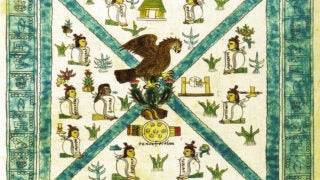The Canadian government purchased two copies of Bravemind, a virtual reality application created by USC’s Albert Rizzo, for use in treating PTSD.
News Listing
The Charles Draper Prize for Engineering recognizes Viterbi’s development of the algorithm that makes clear telecommunications possible.
USC Dornsife historian co-edits a special issue of the academic journal Art History exploring ‘Objects in Motion in the Early Modern World.’
Students can explore the topic in a country where young people are being outnumbered by the elderly.
USC’s David Schonfeld notes that kids — a quarter of the population — are particularly vulnerable to illness and injury during pandemics, natural disasters and terror attacks.
USC’s Kristina Lerman describes how the “majority illusion” seemingly can change how popular something appears.
Injured as a high school player, the USC communications major is working off the ice with the LA Kings.
It’s the USC-based foundation’s first time working in Latin America after gathering 52,000 accounts from the Nazi Holocaust and genocides in Armenia, Rwanda and China.
“Our goal isn’t to tell them how to study for this exam better,” said Andrew Guzman, the dean of the USC Gould school. “It's to make it clear that they belong.”
USC’s Alexander M. Capron and Harvard’s Francis L. Delmonico argue that buying organs would be wrong — and wouldn’t increase the supply of organs anyway.





